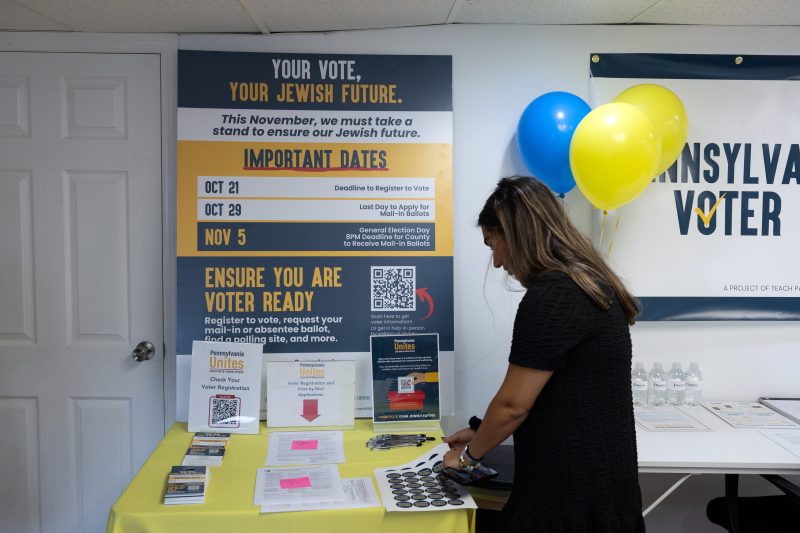In the midst of the ongoing conflict between Israel and Hamas in Gaza, Harris and Trump have been actively vying for the support of Jewish voters in the United States. This political rivalry seeks to capitalize on the heightened emotions and concerns within the Jewish community regarding the escalating violence in the Middle East.
Both Vice President Kamala Harris and former President Donald Trump have made statements and taken actions aimed at appealing to Jewish voters, highlighting their respective positions on the Israel-Palestine conflict. Harris, known for her strong support for Israel’s right to defend itself, has reiterated the United States’ commitment to Israel’s security and voiced concern over the targeting of civilians by Hamas. In contrast, Trump has criticized the Biden administration’s response to the conflict, accusing them of being too soft on Hamas and not fully supporting Israel.
The Israel-Gaza conflict has evoked deep-rooted emotions and complexities within the Jewish community, with many feeling a sense of solidarity with Israel in the face of ongoing violence and threats. Jewish voters in the U.S. are not a monolithic group, and opinions on the conflict vary widely among different segments of the community. Some Jewish Americans support a more forceful Israeli military response to Hamas’ rocket attacks, while others advocate for a de-escalation of violence and a renewed focus on diplomatic solutions.
Against this backdrop, Harris and Trump are seeking to position themselves as allies of Israel and advocates for the Jewish community’s interests. Their efforts to court Jewish voters reflect the strategic importance of this demographic group in American politics, particularly in key battleground states. As the conflict in the Middle East continues to unfold, the actions and statements of political leaders like Harris and Trump will be closely watched by Jewish voters seeking reassurance and support during this challenging time.
In conclusion, the competition between Harris and Trump for the support of Jewish voters amidst the Israel-Gaza conflict underscores the significance of the Jewish community in American politics and the complex dynamics surrounding the Israel-Palestine conflict. As the situation evolves, the political strategies and rhetoric of both candidates will continue to shape the perceptions and decisions of Jewish voters in the U.S.

